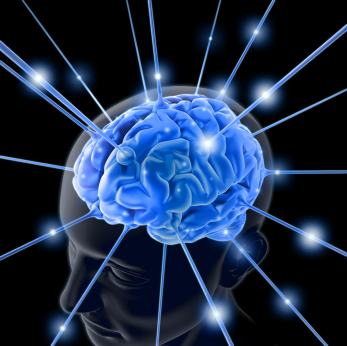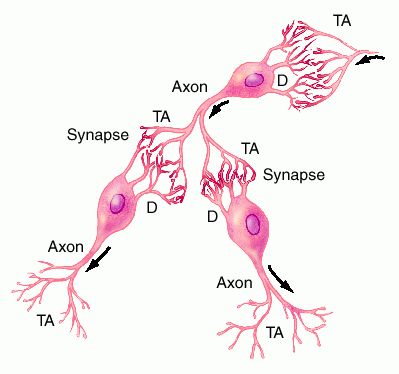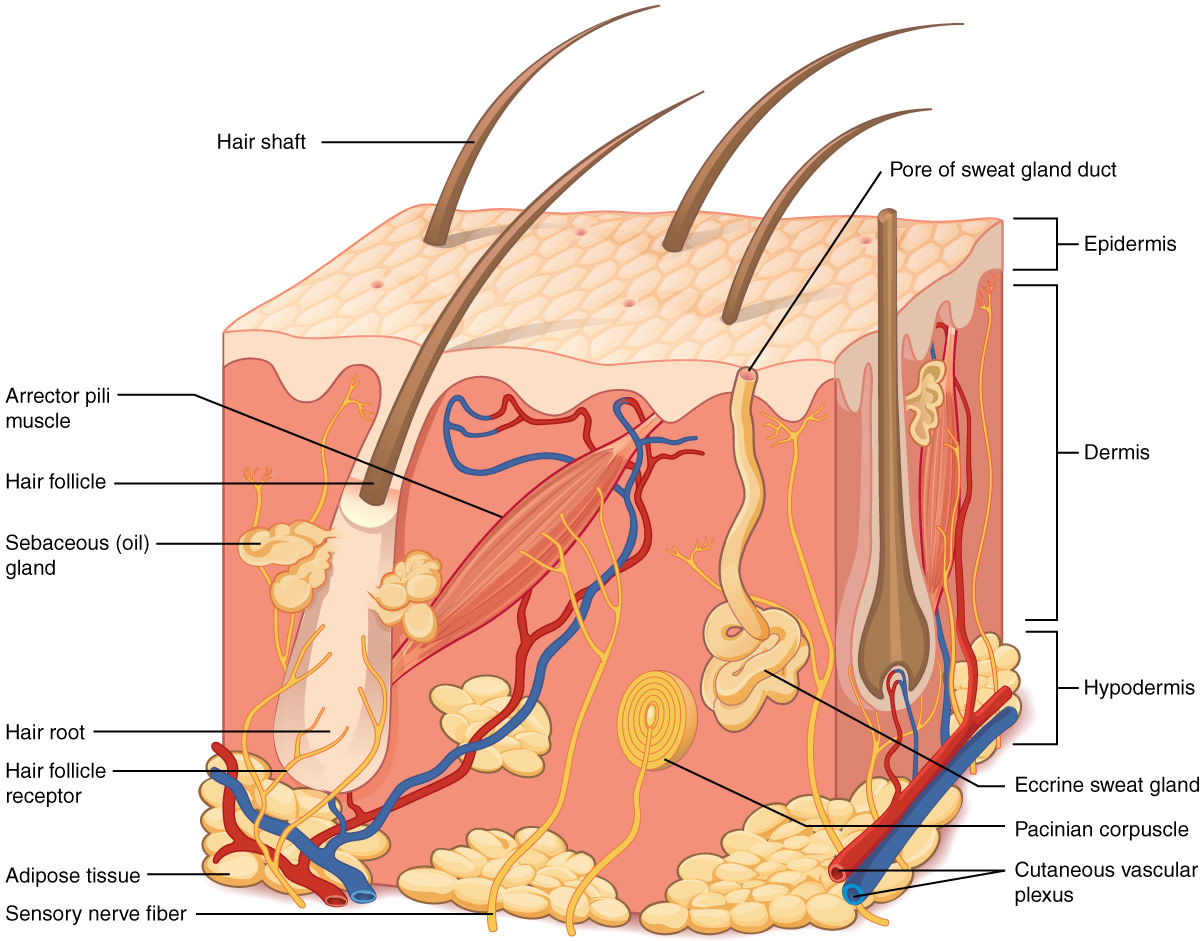Taking care of your brain - most vital resource
Our Wonderful Brain
In this fast paced world, how many of you find yourself continuously multitasking whether at home or at work? Trying to solve life's simple and complex problems, taking important decisions, coping with the current cut throat competition? Almost everyone out there.
For all this and the entire regimen of activities that we engage ourselves in our everyday lives, we need to thank our ultimate resource - our brain.
Remember that day, how your boss had jumped off his seat when you gave him that brilliant idea. The other day how proud you felt when your child had accomplished the top position in class or when you were highly appreciated by your colleagues for your terrific trouble shooting skills. Recall the time when your self-confidence was boosted when you had a great presentation and received a big applause from the audience!

All the great moments of our lives are happening because of our healthy and sharp brain. It is on a constant go, thinking, sensing, analyzing, interpreting and controlling all the functions and movements of our body. It gifts us with sweet memories, allows us to dream, be imaginative and hosts all our emotions.
So, there's no way we can afford to ignore the power of our brain and allow it to slow down as we get older. We must do something to help the master organ - our brain stay healthy and young, inspite of the aging of our body.
As the neurologists say, a natural slow down of brain functioning starts after 30 years and special care should be taken after 50 years to preserve our mental acuity and guard against any brain decay in the later life.
The good news is that with proper training and care our brain cells can be re-grown and the brain capacity can be expanded at any age.


Ten ways to keep your brain youthful
There are some simple ways in which we can keep the central processing unit of our body (our brain) happy and young.
1. Physical exercise: We all know that regular physical exercise is good for our heart and lungs. A moderate exercise schedule also activates the blood circulation in the brain and gives positive results. A brisk 20 minute walk everyday or even 2-3 times a week over a six-month period can keep the brain stimulated.
Aerobic exercises has been proved to be extremely effective in protecting against cognitive decline. Your brain can benefit from any other kind of exercise such as yoga, swimming, riding a bike or breathing exercises.
Simply taking long deep breaths just before an exam or job interview, pumps in more oxygen into your brain and activates the brain cells helping you to think clearly. Try next time, it works.
Actually physical exercise increases the heart rate, which helps the growth of tiny blood vessels that carry oxygen-rich blood to the brain, hence escalating the brain fitness.



2. Food:
Eat food rich in antioxidants such as green leafy vegetables (also high in vitamin B, C and folate), yellow/orange vegetables and fruits, omega-3 fatty acids (in fish and seafood), whole grains, nuts (especially walnut), seeds and cereals fortified with iron. People who take at least two fish dishes in a week have been reported to perform better in the mental ability tests than those who avoid seafood and fish.
- Eat vegetables like cabbage, spinach, kale, broccoli, eggplant, onions, beets, green peppers, red peppers, corn, cantaloupes and all other veggies and fruits which are rich in antioxidants.
- Eat fatty fish like mackerel, lake trout, herrings, sardines, tuna, salmon which contain omega 3 fatty acids. These are poly unsaturated fatty acids (PUFAs) which help in the proper functioning of brain (especially brain memory and cognitive performance). If you aren't a fish person, do take omega-3 fatty acid dietary supplements.
What is the role of antioxidants?
Due to constant metabolic reactions in our body, free radicals (atoms or group of atoms with unpaired electrons) are generated. Free radicals are highly reactive species and interact with certain molecules to cause chain reactions like dominoes. Sometimes when the free radicals are not trapped, they can cause cellular damage by reacting with proteins, DNA and other important biomolecules. Hence antioxidants are needed for defense and they play a significant role in scavenging the free radicals, terminating the chain reaction and preventing further damage of the cells. Antioxidant rich food has the potential to fight the aging process.
Hence eat your greens and seafood !

4. Social interaction:
- Having moderately good social connections protect the brain from negative impacts of aging and scientific reports have shown that those who are close to their family members, have a lot of friends, join a club or connect to other people through social networking sites are successful in preserving their cognitive abilities into advanced age.
- However the quantity of interaction does not count as much as quality does, one should experience positive social ties such as good time spent with family and children.
- Lonely people are likely to suffer from an early dementia, one needs to live in a relaxed, stress-free and secured environment for the brain to remain fit and fiddle.
- Keep yourself abreast of the current affairs and get engaged in the life around you such as reading, travelling, volunteering for community service or working for the environment. It definitely helps the brain to be at par with the present, effectively battling the age-related mental decline.

3. Take new initiatives:
- Taking new initiatives after reaching 30, such as taking a new language course, learning a new musical instrument, a new craft or learning a new style of dance would help improve the cognitive functioning.
The main function of our brain is to transmit signals through synapses (connections) between different nerve cells (neurons). When we are engaged in learning new things, our brain capacity is stretched as new connections between nerve cells are created and existing connections are strengthened. Our brain muscles are flexible and can easily adapt to new learning, the medical term for this property is called "neuroplasticity ". We can engage ourselves in minds-on activities to enhance the neuroplasticity of our brain.
- We should get involved in actions which require a harmony between the body and mind, such as painting, drawing or gardening. There are innumerable activities from which you can choose according to your interests but maintaining the synchronization between physical actions and thoughts are a perfect way to keep the brain active and improve its ability to co-ordinate.

5. Rewire your brain:
- Get involved in mentally stimulating activities such as doing crosswords, playing word power games, solving sudoku and different kinds of puzzles.
- Playing video games for a short while can help increase the brain capacity or neuroplasticity.
When you challenge your brain with some encoding and decoding activities, it gets rewired and the brain cells remain better connected. Brain teasers can train your brains to become faster and sharper.
6. Have the right attitude and manage your emotions:
- You must make an effort to look at life with a positive outlook. Having the right attitude, self-belief, self-confidence, high self-esteem and self-respect will go a long way to keep your brain healthy and young. Never underestimate the power of your brain.
- Learn and practice to manage and control your emotions and avoid getting over-stressed or anxious about anything. A relaxed brain can think of creative solutions to problems much faster than a tired and exhausted brain.




7. Take care of your general health:
- Check obesity
- Keep blood pressure under control
- Keep blood sugar under control
- Check your "bad" cholesterol level
- Get a restful night's sleep, your brain functions in sync with your body when it receives enough rest.
8. Stop tobacco and reduce alcohol intake:
- Tobacco in any form is harmful for your brain, you must avoid it. The drug nicotine in tobacco becomes the hazardous nicotinic acid and though temporarily it seems to stimulate the brain and relax the nerves, even one puff causes great damage to the brain tissues.
- Drinking alcohol should be minimized and you must avoid binge drinking. Alcohol and tobacco are proved to slow down the performance of the brain.
9. Add some humour:
Spice up your life with some good humour, get together with friends and family and laugh to your heart's content, watch comedies and read funny jokes to tickle your brain. Some people prefer to join "laughing clubs" to get both physical exercise and laughter in one package.
Humour stimulates the secretion of the "mood enhancing" or "feel good" chemical messenger dopamine , which keeps our brain cells activated.
10. You may use technology:
- Merzenich has developed some computer-based softwares which, according to some scientific studies, help to increase the speed and accuracy with which the brain processes information.
- Also Nintendo has developed a hand-held video game called "Brain age" which claims to improve brain fitness.
- Some manufacturers claim that listening to certain music CDs can enhance the power and memory of the brain.
- Though some scientific research studies have proved that these softwares can train the brain and improve its health, however no software or CDs have been approved by FDA for the treatment of cognitive impairment till date.
Nurture your brain:
The most heartening finding in the recent brain research is that our brain is highly adaptable like plastic and is capable of switching into a learning mode irrespective of our age. With careful nurture and keeping our focus engaged on challenging activities, we can build a buffer against the aging of our brain.








